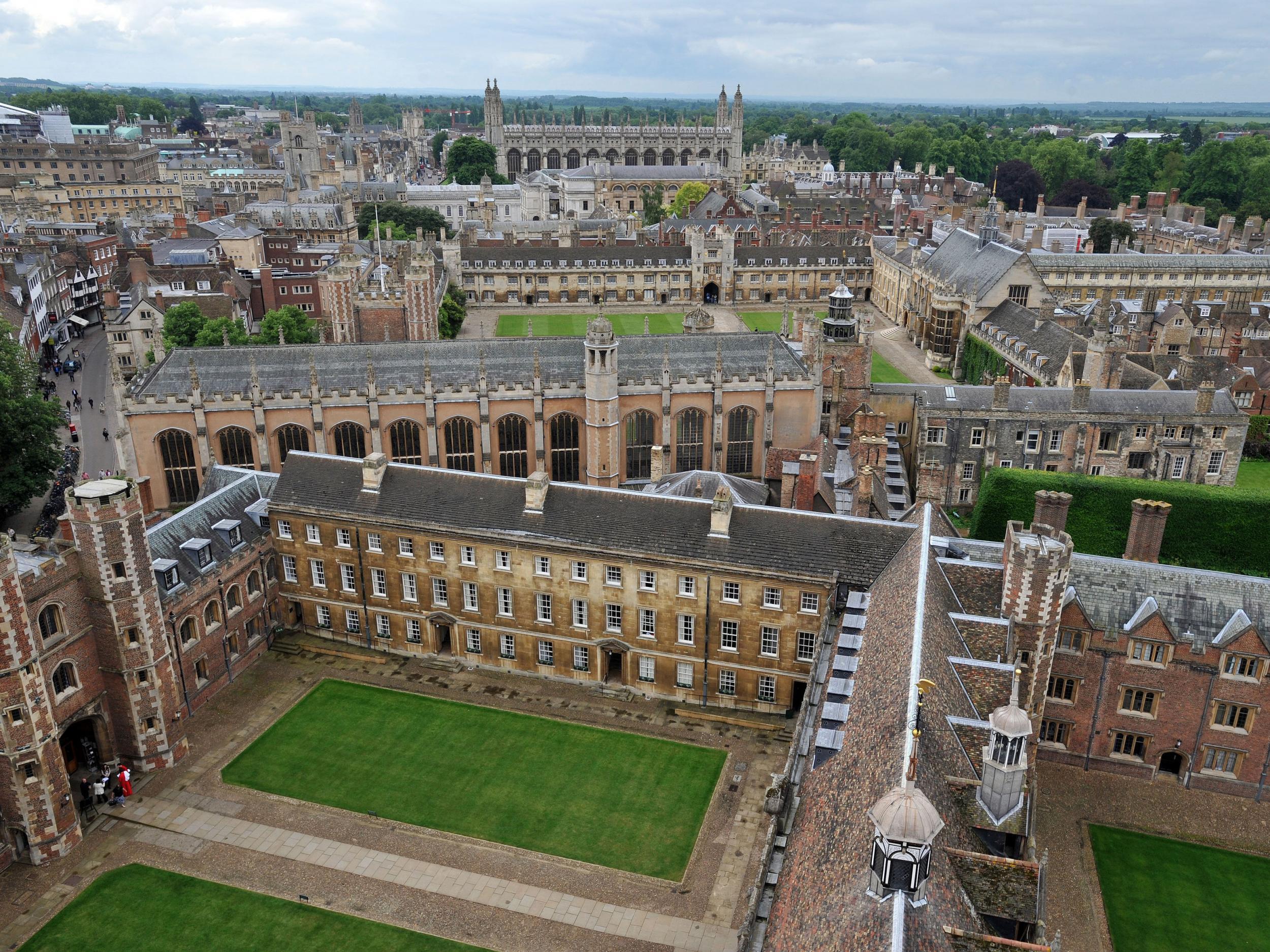Universities 'could face fines or de-registration' if they fail to uphold freedom of speech
Proposed new Office for Students to check compliance with freedom of expression, Jo Johnson says

Your support helps us to tell the story
From reproductive rights to climate change to Big Tech, The Independent is on the ground when the story is developing. Whether it's investigating the financials of Elon Musk's pro-Trump PAC or producing our latest documentary, 'The A Word', which shines a light on the American women fighting for reproductive rights, we know how important it is to parse out the facts from the messaging.
At such a critical moment in US history, we need reporters on the ground. Your donation allows us to keep sending journalists to speak to both sides of the story.
The Independent is trusted by Americans across the entire political spectrum. And unlike many other quality news outlets, we choose not to lock Americans out of our reporting and analysis with paywalls. We believe quality journalism should be available to everyone, paid for by those who can afford it.
Your support makes all the difference.Universities that use "no platforming" and "safe spaces" to shut down free speech could face action from the new higher education regulator, the Government has announced.
Jo Johnson, the universities minister, said young people and students need to "accept the legitimacy of healthy vigorous debate" as he outlined plans for the Office for Students (OfS).
According to the Times, this could include powers to fine, suspend or deregister universities if they do not meet a statutory duty to commit to free speech in their governance documents.
But any proposals will form part of a consultation to help establish how the OfS will operate in its regulation of English universities.
It will be able to hold universities to account on their duty to secure free speech, ensuring it is upheld by staff, student unions and student societies, the Department for Education (DfE) said.
In an interview, Mr Johnson told the Times: "No-platforming and safe spaces shouldn't be used to shut down legitimate free speech.
"Our young people and students need to accept the legitimacy of healthy vigorous debate in which people can disagree with one another.
"That's how ideas get tested, prejudices exposed and society advances.
"Universities mustn't be places in which free speech is stifled."
Launching the consultation, he added: "Free speech is one of the foundations on which our higher education tradition is built. It goes to the heart of our democratic values and is a principle I know universities hold dear.
"I know there is good practice out there, and am proud that some of our university leaders and academics have publicly defended free speech. But there are still examples of censorship where groups have sought to stifle those who do not agree with them.
"This is why I want the OfS to work with universities to encourage a culture of openness and debate and ensure that those with different backgrounds or perspectives can flourish in a higher education environment."
Sir Michael Barber, chairman of the OfS, which gets its legal powers in April, said: "Ensuring freedom of speech and learning how to disagree with diverse opinions and differing views of the world is a fundamental aspect of learning at university. The OfS will promote it vigorously."
Mr Johnson also criticised a campaign by Oxford University students to take down a statue of colonialist Cecil Rhodes, who founded Rhodesia, which became Zimbabwe after freeing itself from British rule in 1980.
"The mark of a civilisation is a knowledge and understanding of your own past," the minister said.
"I don't think tearing down statues contributes to a proper understanding of how our societies and cultures have developed. It's a dishonest way of assessing your own society."
Sir Michael supported Mr Johnson, telling the newspaper: "If you start demolishing statues, where does it all stop? I can think of lots of terrible things that Oliver Cromwell did, but I'm glad he stands outside the House of Commons.
"I can think of even worse things that Richard the Lionheart did, and he stands outside the House of Lords."
The consultation will also look at forcing universities to publish and justify high salaries for senior staff, improving transparency on how students can transfer between courses, and compulsory participation in the Teaching Excellence Framework for universities with more than 500 students.
PA
Join our commenting forum
Join thought-provoking conversations, follow other Independent readers and see their replies
Comments